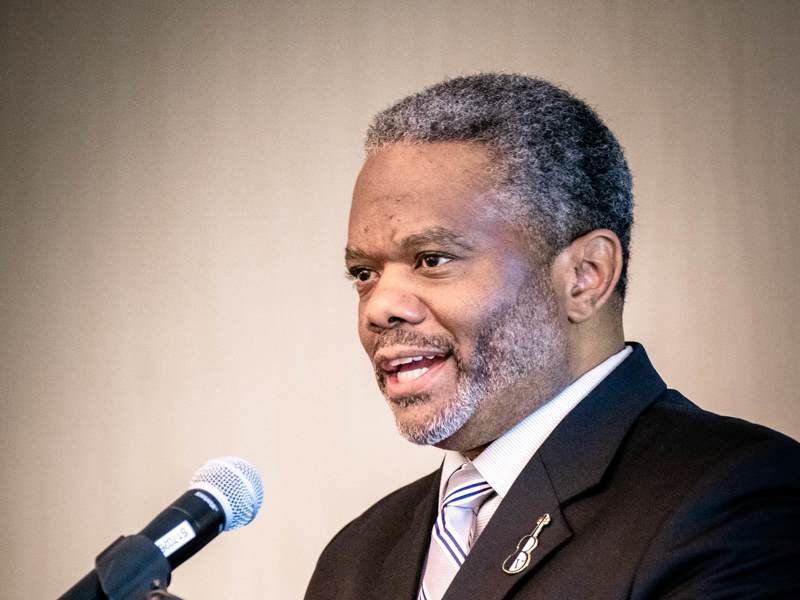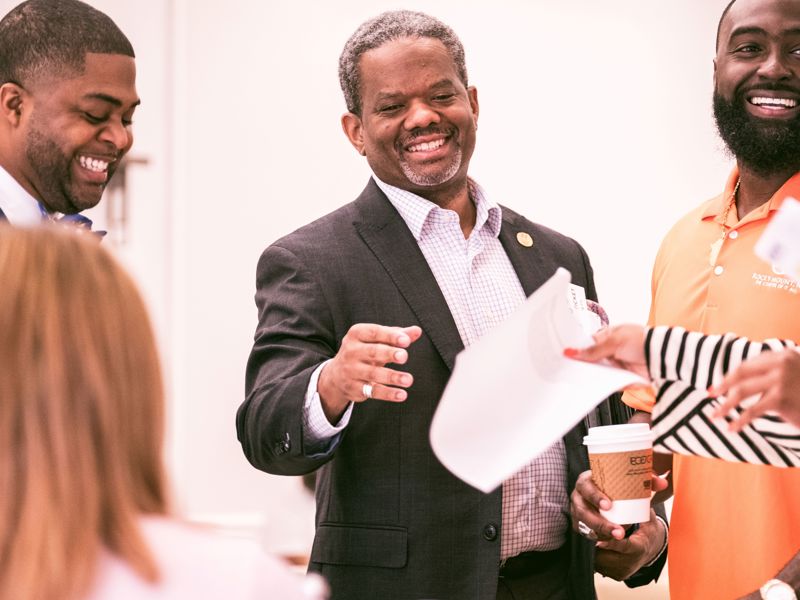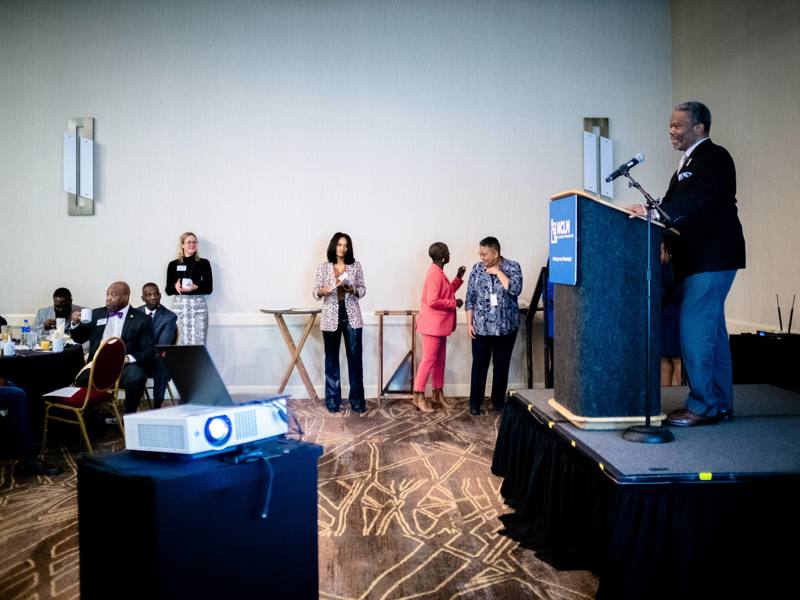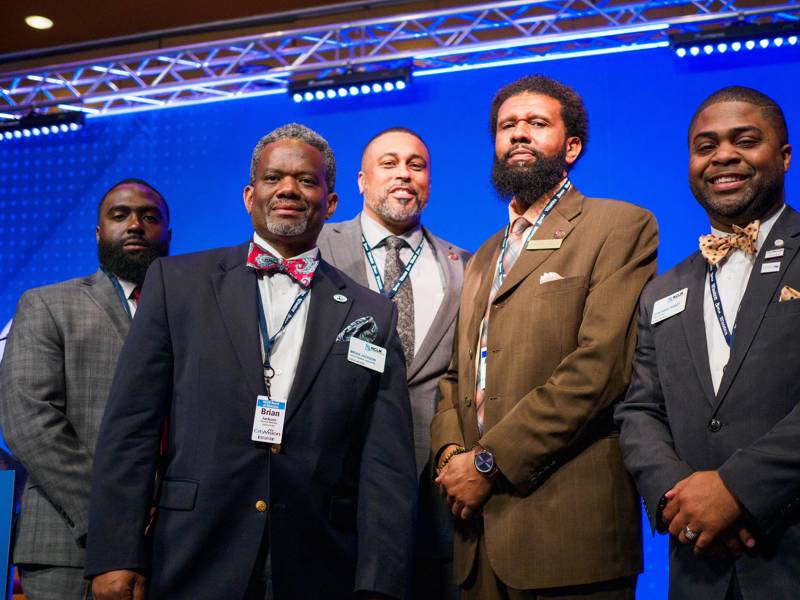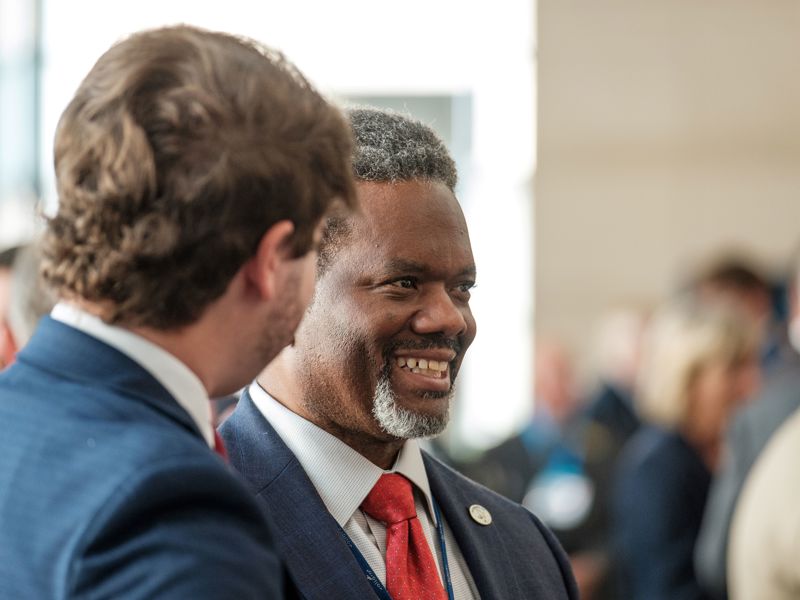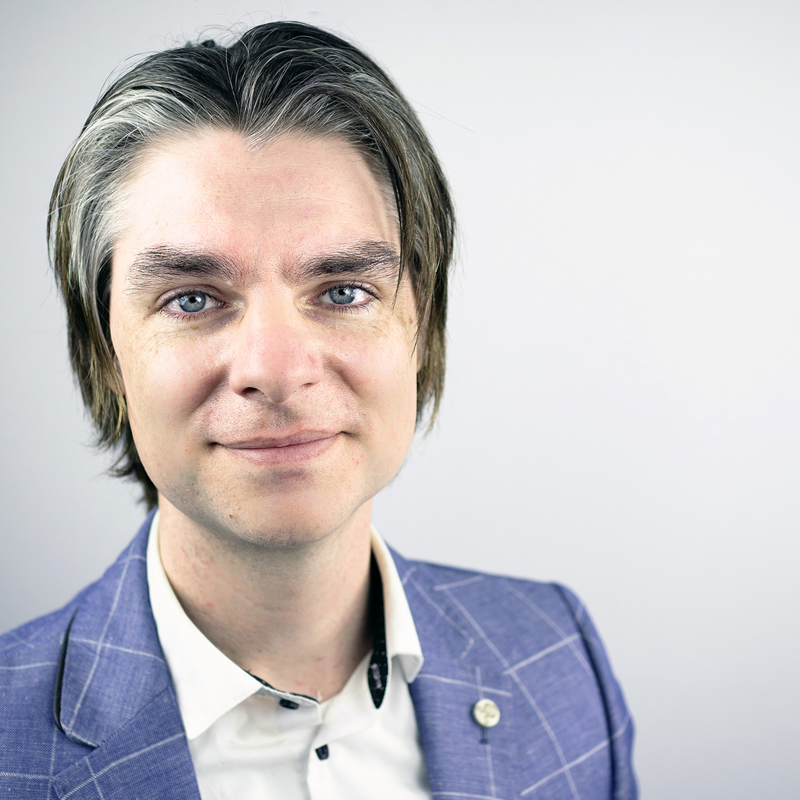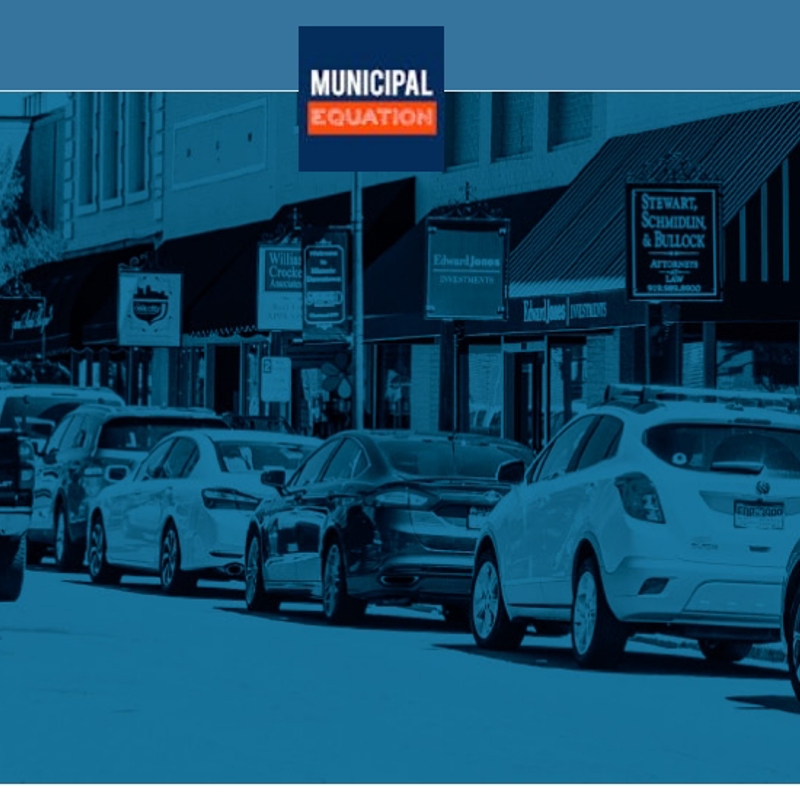Foundation of Collaboration
Q4 2024 | Vol. 74, Issue 4
Flat out, one of the most encouraging and hopeful features of local government is its closeness to the people and opportunities to directly partner with constituents for the kinds of better tomorrows that fit with the community’s contexts and values. Take any issue—affordable housing, public health, youth expression, common hardship recoveries—and you can find municipal officials listening to and working with fellow community voices on shared visions of brighter futures. It’s certainly true for all levels of government, but it’s a chorus for local-level officials (staff and elected alike) when asked what motivates their service to their respective municipalities.
In the eastern North Carolina city of Jacksonville, for one, is an elected councilman who credits his style of service and communication to the neighborhood-level spirit he grew up with there. People bonded to solve problems and appreciated the outcomes they shared in, and can still find light in those opportunities, said Brian Jackson, who since 2017 has represented Jacksonville’s Ward 1 on the city council.
“I grew up here,” said Jackson, who additionally serves on the NC League of Municipalities Board of Directors, during a recent interview with Southern City about his experiences and takeaways. “I feel more connected to home working in municipal government.”
But those experiences also included tenures away from his home city that helped broaden his perspective—not only in what it means to work together, but also in why the maintenance of it is so important.
“When you have those bodies already working together, in closer association, then it’s easier to find the resources, despite it being difficult, because things are tighter,” Jackson told Southern City. “But the opportunity to find the resources is a greater when working network of established partners.”
Today, he sees his native Jacksonville—home to roughly 73,000 people as of the 2020 census and generally known by outsiders as home to the expansive U.S. Marine Corps Base Camp Lejeune—as a land of opportunity and enjoyment for all kinds of people, who can partake and feel empowered in a community growing with options beyond its reputation as a military town, even as Jackson underlines the base’s vitality to the entire region.
The Jacksonville he remembers from his youth centers on Bell Fork Homes, a historically Black, planned neighborhood, built during segregation to house some of the first Black Marine families as well as civilian families during segregation. These worlds couldn’t help but mesh in all ways. “Back when I was growing up, you really didn’t know where church, family and community stopped or started,” said Jackson, himself a descendant of those who in the 1850s started which is Jacksonville’s earliest Black church, Sandy Run Missionary Baptist Church. The church became the underpinning of the community, serving native and military families (many that were the families of the Marines of Jacksonville’s Montford Point, where the Marine Corps’ first Black recruits trained).
“That is my foundation,” Jackson said. “We all worked together.”
That connection didn’t leave Jackson as he ventured out in the world, even as he figured for a time that his journey might not circle back to Jacksonville. “You always think everything else is better than home,” he said of his younger days looking outward at the world’s opportunities. After graduating high school in the mid-1980s, Jackson left for Greensboro to attend college at NC A&T State University before he entered the U.S. Navy, which eventually led to serving in the Persian Gulf onboard the aircraft carrier U.S.S. Theodore Roosevelt (CVN \-71) during Operations Desert Shield and Desert Storm.
Jackson served four and half years in the Navy as an electronics technician working on radar systems before he returned to the U.S. and eventually joined the cause of veterans’ advocacy, working with Veterans of Foreign Wars (VFW) and connecting veterans and transitioning service members with resources. He spent 10 years as an employee doing this work. His advocacy began in Washington DC in positions that included VFW Liaison to the National Guard Bureau and employment with a television network on Capitol Hill, before he steered his advocacy back to North Carolina. He relocated to Camp Lejeune to serve as a pre-discharge representative for the VFW. Serving area military personnel transitioning back to civilian life, processing VA Claims. The task primarily at this time was serving service members returning from Operations Iraqi and Enduring Freedom.
“I just thought, coming back, that it was up to me,” said Jackson, back in Jacksonville and at this point professionally experienced in scenarios that involved big needs, finite resources, knowledge of the government process and steady advocacy for good outcomes. The value placed on collaboration and partnership grew and grew as he continued the work.
But he saw himself as a “behind-the-scenes” person, working more quietly with the community on the personal level. These things aren’t mutually exclusive, though—Jackson recalled the late Congressman Walter Jones and certain aspects of his work that he saw as empathetic and motivating.
Jones, whose Congressional District 3 included Jacksonville, would personally write letters to the families of military members who died in the line of duty, Jackson explained, noting conversations he had with Jones about that very human side of elected service. “It was really a continuation of the idea of service to people,” said Jackson. “That really broadened my scope of, ‘Okay, now what can I do?’”
In 2017, Jackson was elected to the Jacksonville City Council. Then and today, he’s said his focus has remained on the community and its people: “It’s definitely not a me-thing at all. It’s a we-thing.”
He is proud of what he has seen accomplished over his years on the council, with the principles of collaboration and togetherness bold as ever and delivering results the people need. (Connecting points, Jackson noted that one of the programs he grew familiar with at the VFW was properly called “Unmet Needs.”) In Jacksonville, in reference to its Marine base, Jackson has heard young people say among other things that there haven’t been enough outlets or enjoyable activities locally, but it’s growing and offering more all the time, even now with its own baseball team in the Old North State League: the Ospreys have brought proud crowds from all corners of the community together. In further economic development, the city bought land to create an industrial park that can accommodate bigger businesses and well-paying jobs. Jacksonville is also improving its downtown for an even more inviting business environment and has elsewhere purchased hundreds of acres for event space to include athletics, arts and entertainment. Many cultural festivals highlight Jacksonville’s diversity. New River Institutes at Sturgeon City hosts events, but more importantly connects with youth by offering environmental and STEAM (science, technology, engineering, arts and mathematics) programs.
During Southern City’s interview with Jackson, he noted numerous other partnerships and city-supported initiatives to make meaningful strides in areas like housing, re-entry, substance abuse, family crises, and more. Jackson said he also values expression through the arts and a healthy arts scene; beyond it being a feelgood feature of human nature, art has proven to be a crucial piece of therapy and wellbeing (especially for a population that includes individuals living with traumas from military experience).
“We have a lot of talent in this area … and we have to continue to provide avenues for that talent to come out,” said Jackson, himself a published poet and currently building partnerships with the local arts council to expand the community’s opportunities.
So much can be done with healthy connections and communications, Jackson said, putting contrast to any notion of working in silos to help populations. He also noted at the time of the interview that the city was working toward a rebranding campaign that will show the world that Jacksonville is “a city for all.”
It’s a mentality that works within municipal government as well, he added; a great, inviting community can make for a motivated corps of local government employees who feel secure in their positions and happy with their service to the public, advancing shared goals all the more.
“I’m big on collaboration,” said Jackson, a theme so clear through his upbringing and professional style. “I learned if you bring the right organizations together, the mechanism to fulfill needs are already in place to connect to that need, to support to fulfill those needs.”
It adds up.
“The best place I could be is working as a city councilman,” he said.


